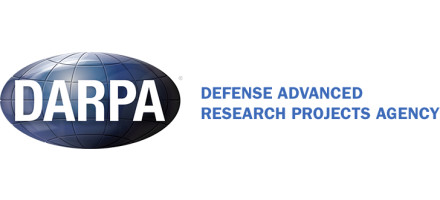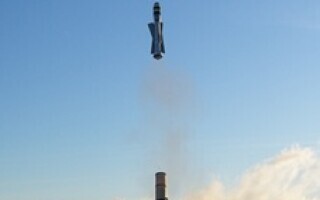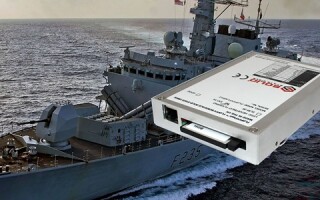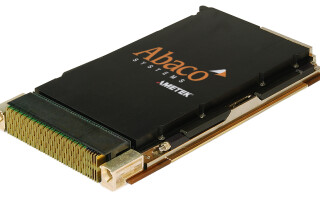BAE Systems continues to drive innovation in autonomy-based mission planning
Press ReleaseSeptember 15, 2020

BAE Systems continues to drive innovation in autonomy-based mission planning.
In today's highly complex battlespace, military planners must make decision in real time that take into account anything that could impact an action-including weather, available resources, and intertwining political, territorial, economic, ethnic, and/or religious tensions. As daunting as that is, solutions to meet these demands are maturing on a daily basis.
One example is a program we first announced in 2018, in which the Defense Advanced Research Projects Agency (DARPA) is funding BAE Systems' FAST Labs research and development organization, through a contract awarded by the U.S. Air Force Research Laboratory, to develop software that will aid military planners in understanding and addressing the complex dynamics that drive conflicts around the world.
As part of the Causal Exploration of Complex Operational Environments (Causal Exploration) program, which was developed to help military planners deal with increasingly complicated operational environments and diverse adversaries, we developed a first-of-its-kind software called Causal MOdeling for kNowledge Transfer, Exploration, and Temporal Simulation (CONTEXTS). This technology was developed to address the challenge of rapidly and effectively achieving a holistic understanding of conflict situations due to a lack of time, expert resources, and automated tools.
"Military planners are being asked to manually collect, consume, and process massive amounts of data and make decisions in timeframes that - simply put - humans just can't do successfully," said Chris Eisenbies, product line director of the Autonomy, Control, and Estimation group at BAE Systems. "To support this process with technology, we are leveraging decades of work to provide CONTEXTS that will use reasoning algorithms to aid successful outcomes."
To ensure that new technologies meet the needs of warfighters, DARPA puts prototyped capabilities into their hands, allowing them to provide feedback and try different ways of using the technology to help them do their jobs more effectively. In response to warfighter feedback, our team designed and incorporated new analytic tools that provided enhanced user capability and helped the users best exploit the new technology.
The CONTEXTS team has consistently met or exceeded customer expectations for providing stable, innovative software solutions to support warfighter experimentation, including helping allow the program to conduct its first major experiment almost a full year ahead of schedule. This ongoing success has led to an award of approximately $4.5 million in Phase 2 to mature the technology and now a Phase 3 award that is scheduled to begin in September. The 12-month, $1.5 million Phase 3 will conclude with a Military Utility Assessment designed to demonstrate that the technology is significantly matured for eventual transition to the field.
Our ability to leverage an autonomy portfolio that is backed by 20 years of expertise will continue to contribute to the success of this program.






